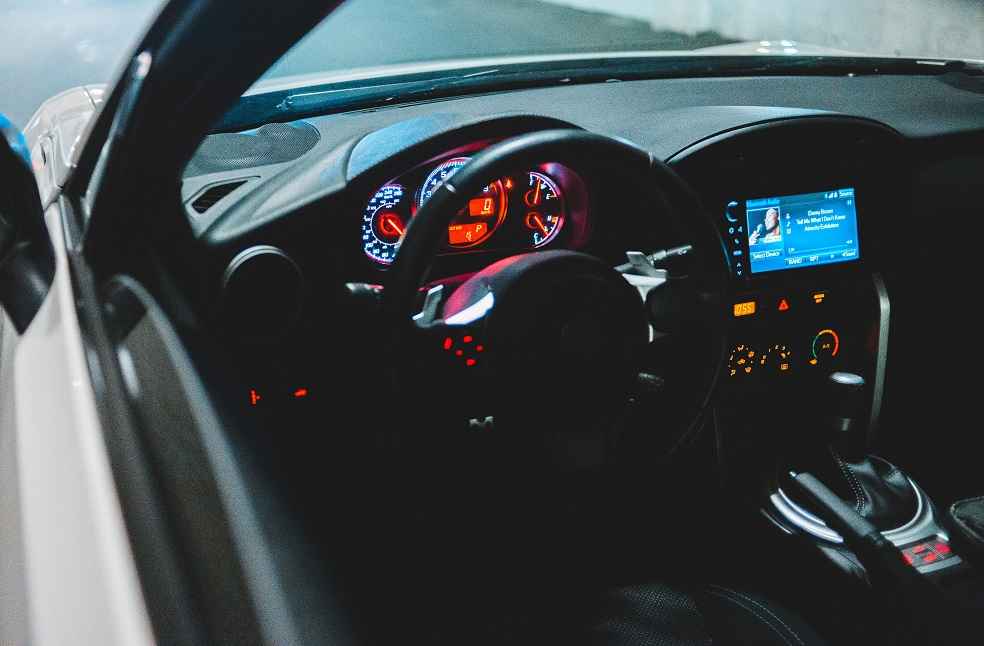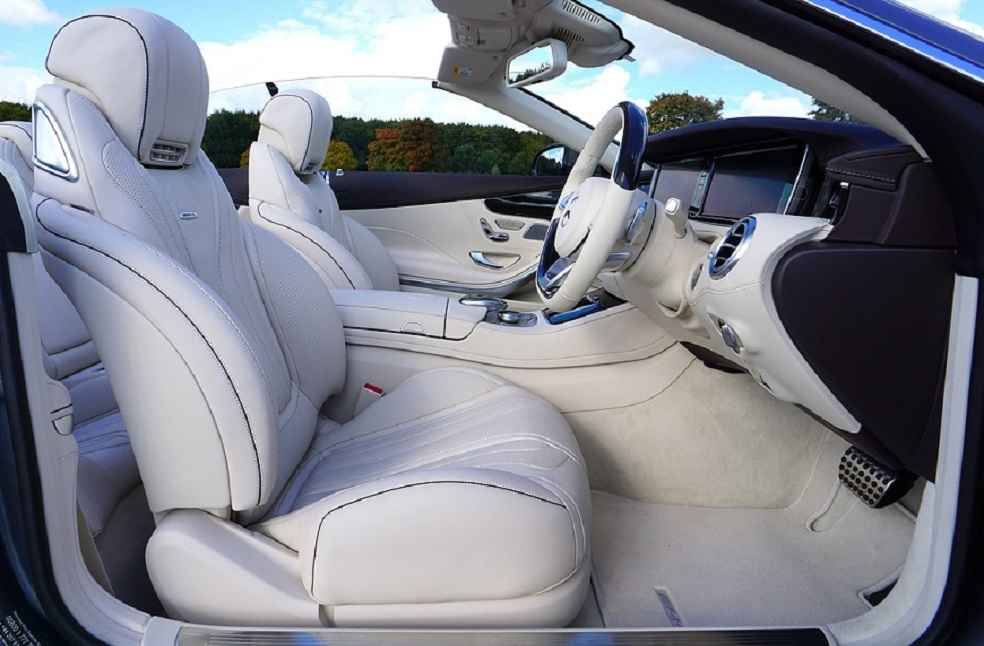The automotive landscape is being dramatically reshaped, introducing us to ‘Biometrics Vehicles’—a future where our cars understand and respond to us more than ever before. At the center of this transformation is biometric technology, which is revolutionizing the dynamics of driver-vehicle interaction through enhanced security, personalization, and user convenience.
While biometrics, a technology that recognizes individuals based on unique physical or behavioral attributes, isn’t new to the auto realm, its current trajectory is redefining vehicle experiences. Luxury car brands have, for years, employed fingerprint recognition for added security. Today, however, the technology’s purview extends to a gamut of features, promising an enriched driving experience.

Take, for instance, facial recognition. It’s no longer a feature of dystopian fiction but a reality in modern vehicles. Once the vehicle identifies the driver, it can modify settings – seat alignment, music preference, mirror positioning – tailoring a drive that’s both safer and immensely personal.
Voice recognition, another biometric advancement, ensures drivers maintain hands on the wheel. From adjusting the climate to setting the navigation, voice commands are ensuring safer roads by minimizing distractions.
On the security front, the traditional key might soon be a relic of the past, replaced by iris recognition systems. Beyond just locking and unlocking, these systems guarantee that only authorized individuals can ignite the engine, offering a formidable barrier against unauthorized access.

Beyond these direct user benefits, biometrics is also pivotal for autonomous vehicle development. By monitoring physiological cues like eye movement or heart rate, these systems can gauge a driver’s alertness. Any signs of distraction or drowsiness, and the vehicle can intervene, potentially averting accidents.
However, with great innovation come great responsibilities. Privacy and data security concerns loom large. Ensuring robust protection against unauthorized data access is imperative. Additionally, transparent policies about data use will be paramount to fostering trust among users.
To sum up, biometrics is undeniably at the forefront of the automotive industry’s evolution. It promises a future where our cars know us, respond to us, and more importantly, protect us. Yet, as we cruise into this new era, the industry must ensure it navigates the data privacy terrain with as much diligence and care, ensuring our rights and safety are never left in the rearview mirror.
GENERAL | China Surpasses Japan: Now World’s Top Car Exporter





